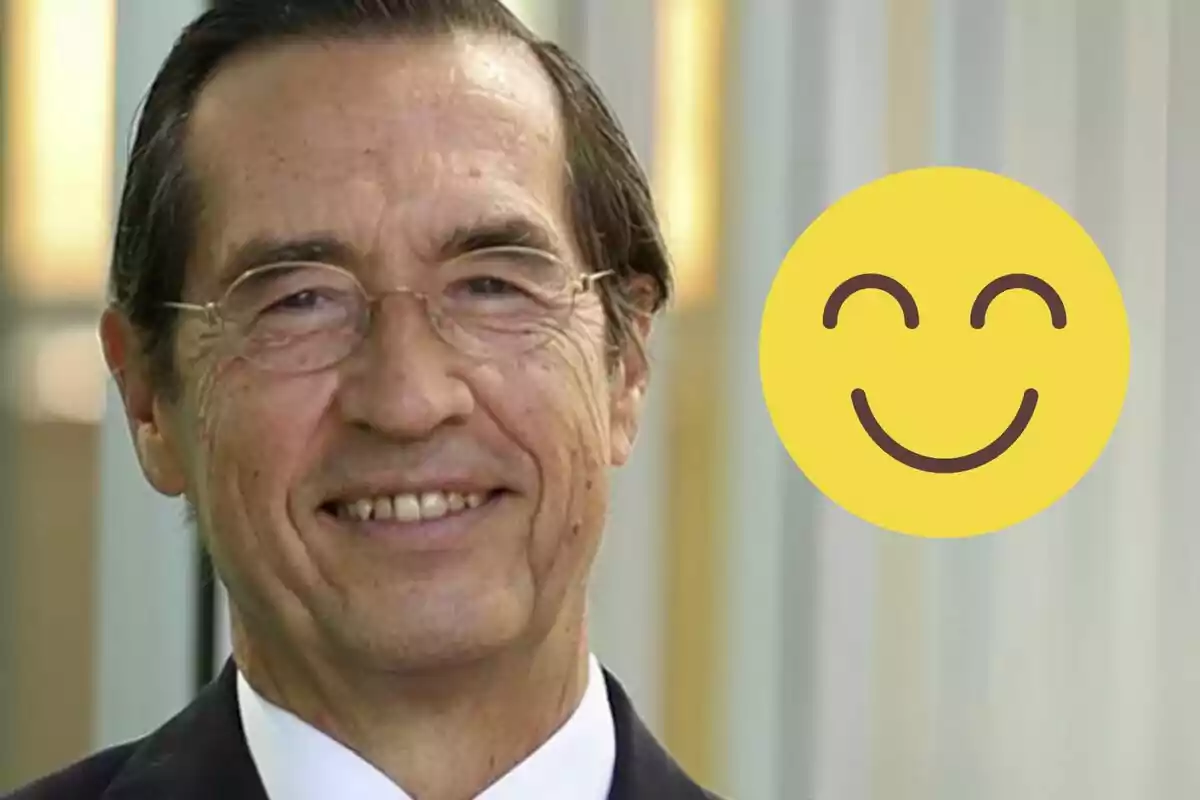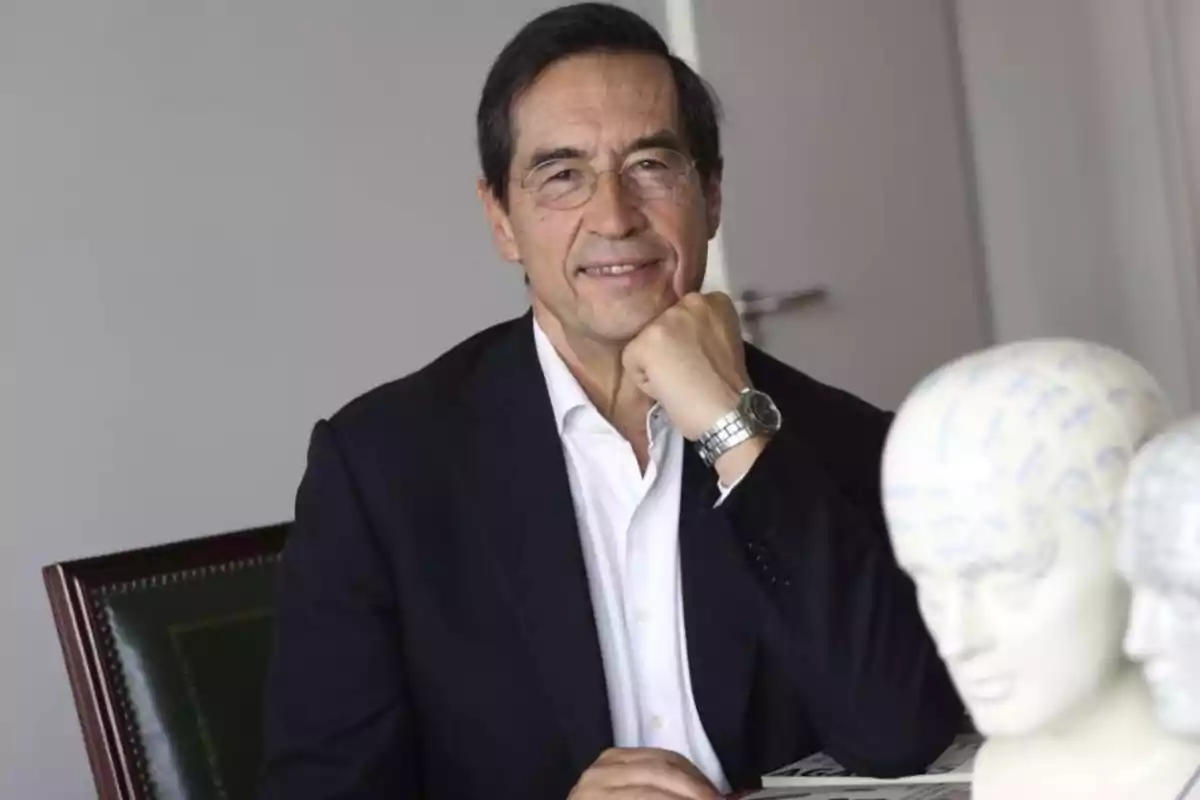Mario Alonso Puig, physician and writer, is one of the most influential speakers in personal development. Now, he has put forward an idea that challenges both individuals and society: mistakes shouldn't be punished, they should be corrected.
His reflection, shared through his newsletter, comes at a time when failure often generates immediate rejection. For Puig, that reaction is mistaken and harmful. "When we punish a mistake, we add guilt and shame. That doesn't teach, it only deteriorates," he explains.

Mario Alonso Puig: Reproach or learning
The specialist believes that punishing is an automatic response. However, it's not the most useful one. According to him, a mistake is an opportunity for growth, not an offense to punish. The way people react to it defines the quality of human relationships.
"Reproach creates distance. Correction with respect builds," he summarizes.
This perspective has deep implications in education, at work, and in the family. When a mistake is met with harshness, the person shuts down and fear blocks learning. If it's addressed with understanding, the person improves and the relationship is strengthened.
Self-criticism also harms
Puig also focuses on how people treat themselves. "Do you speak to yourself as you would to someone you love?" he asks. Many people punish themselves harshly for their mistakes. Harsh words, negative thoughts, self-rejection.

That internal punishment, according to him, is just as harmful or even more so than external punishment. That's why he proposes a change in inner dialogue. Speak to yourself with compassion. Acknowledge the mistake, but without destroying self-esteem.
"It's not about justifying everything. It's about correcting without crushing," he states.
Changing the perspective
Mario Alonso Puig's approach doesn't eliminate responsibility. On the contrary. It promotes effective correction without resorting to fear. Fear paralyzes, while respect drives people forward.
For him, the key is to change the perspective. Don't see a mistake as something that condemns, but as something that teaches. That requires practice. It requires awareness.
It's a slower path, but a more solid one. More human.
Trust as the basis for change
Puig emphasizes that this change in attitude generates visible benefits. It improves trust, both in oneself and in others. When there's trust, there's commitment. Performance improves, in any field.
"Let's not step on the withered flower. Let's water it," he concludes. The metaphor, simple yet powerful, sums up his entire approach.
In times when immediate success is rewarded and failure is penalized, his message resonates. He invites people to look at mistakes differently. To correct, yes. But from a kinder, more respectful place.
In that transformation, he says, not only does the person grow. Society does as well.

